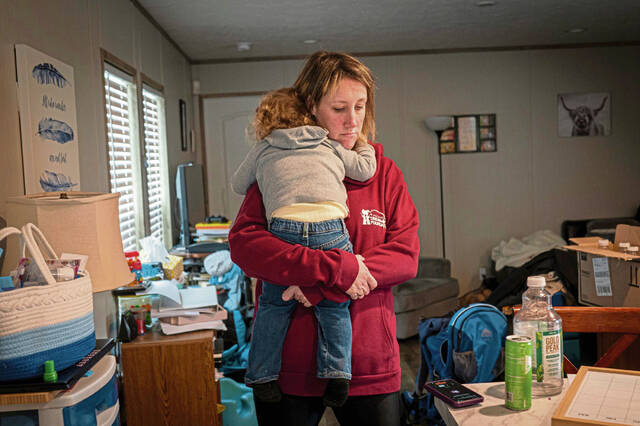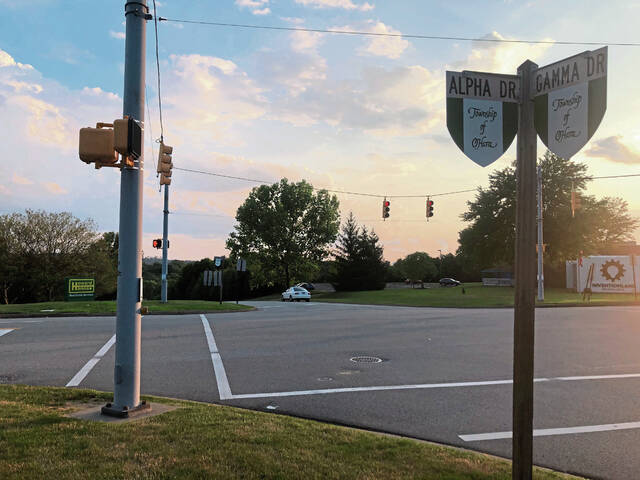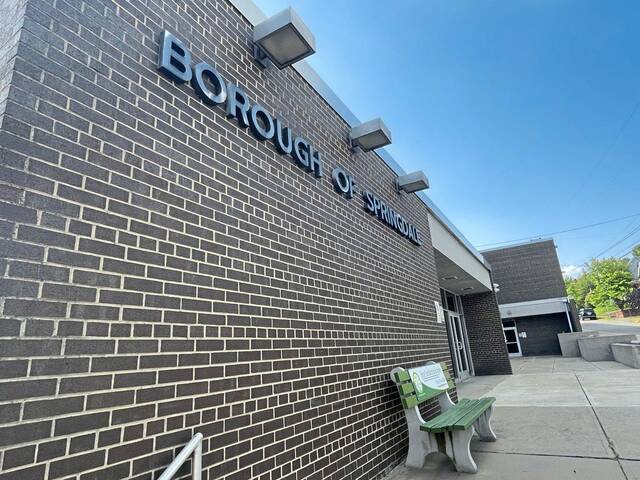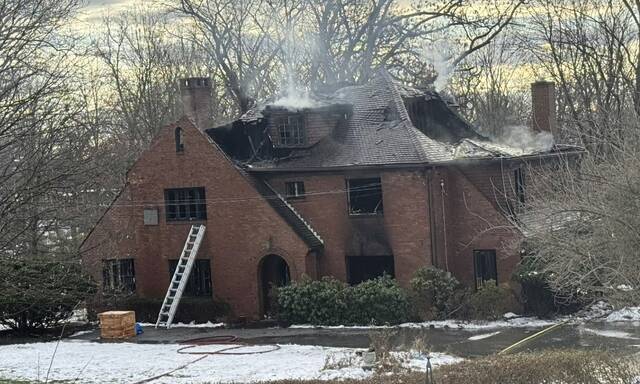The Republican candidate for state Senate running against incumbent Sen. Jim Brewster has filed a petition in Allegheny County Common Pleas Court to set aside 2,349 undated mail-in ballots.
Unofficial vote totals Friday morning from Allegheny and Westmoreland counties showed Brewster, D-McKeesport, leading by 44 votes. Attorney Matthew Haverstick, who represents challenger Nicole Ziccarelli, said they believe the total difference is just 30.
Ziccarelli, 38, is a McKeesport native who lives in Lower Burrell. She is an attorney and has a New Kensington-based law practice.
The filing seeks to appeal the decision by the Allegheny County Board of Elections earlier this week to accept what it calls defective mail-in ballots.
The ballots in question, the complaint said, arrived in mailing envelopes that were not properly dated by the voters. While the elections board initially segregated those ballots, the lawsuit said, the board on Tuesday conducted “a special virtual meeting” for their consideration.
“After a short deliberation, which lasted approximately six minutes, the board, by a 2-1 vote, decided to canvass the disputed ballots and directed the manager of the elections division to proceed,” the filing said.
At the time, county solicitor Andrew Szefi said that the only things the ballots were missing were the date on the back of the mailing envelope. On the back of ballot mailing envelopes, voters are required to sign and print their name, write the date of mailing and write their address.
“We’ve taken a hard look at this,” Szefi said. “The legal principle at issue here is the Elections Code should always be construed so as to favor enfranchisement over disenfranchisement. What we have here is essentially a technicality that we don’t want voters to get disenfranchised with.”
But according to Ziccarelli’s filing, under the Election Code, mail-in ballots are not to be pre-canvassed unless their declaration is sufficient — meaning signed and dated.
“Neither the Election Code, nor any other legal principle governing the conduct of the Board, permits the Board to exercise discretion relative to the examination of mail-in ballots or alter the scope and nature of its duties,” the complaint said.
It accuses the board of ignoring its statutory duty and exercising discretion it does not have.
“In this regard, it bears reiterating that by executing the voter declaration, the mail-in elector is not only attesting to the ballot’s submission but also representing, under penalty of law, that the voter is: (a) qualified to cast the enclosed ballot; and (b) the voter did not already vote in the election for which the ballot was issued.”
The date on the mailing envelope of the ballot is relevant, the lawsuit said, because whether a person is qualified to vote depends on the date they became a resident of a given district and to ensure the elector has not already voted.
Ziccarelli was leading Brewster by 6,100 votes in Westmoreland County, but Brewster was leading Ziccarelli by 6,144 votes in Allegheny County.
Brewster, 72, did not return a message. Hugh Baird, who works on Brewster’s staff, said that they trust the process.
“Every vote counts, and every vote should be counted,” Baird said. “No one should be excluded from participating.”
On Thursday, the Commonwealth Court granted an injunction requested by President Donald Trump’s campaign to not count a small number of mail-in or absentee ballots in which voters failed to submit valid identification within six days of the Nov. 3 election.
Secretary of State Kathy Boockvar, who won a case at the state Supreme Court in September in which they granted a three-day extension — through 5 p.m. on Nov. 6 — for counties to accept mail-in ballots, had attempted to add three days onto the time frame for curing defective ballots, which under the law was six days. The Commonwealth Court said that no such extension was provided in the law for curing the ballots.
“We think the Supreme Court’s decision from September makes clear that something like a missing date is a fatal defect,” Haverstick said. “Certainly the Commonwealth Court decision from yesterday supports that.”








